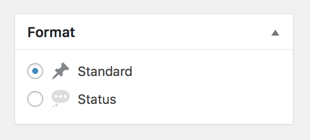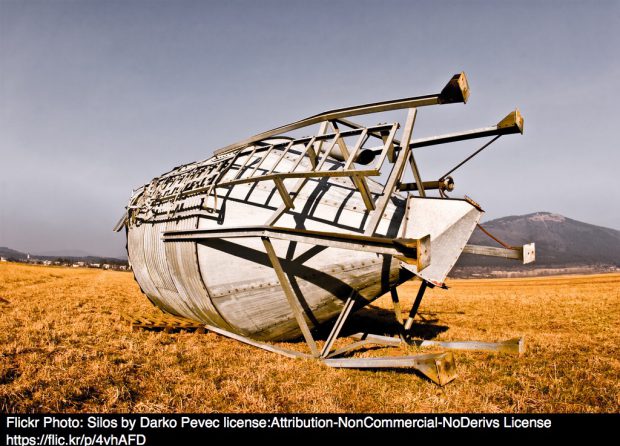I’ve thought about joining in with the indieweb carnival a few times, but procrastinated. This months struck me, May 2025 IndieWeb Carnival: Small Web Communities – uncountable thoughts.
I’d love to hear your experiences of them, why and how you participate and what you think are the key ingredients for a successful small web community.
I didn’t start using digital technology until I was in my 30s (the 1990s). A primary school teacher, I got interested in using our Macintosh pizza boxes when I realised they could produce worksheets that took less time and looked better than Banda ones. I missed out on bulletin boards, myspace and live journal. Over the years I’ve have been involved in a few small web communities that have had great effects on me. My experience has been nearly completely positive.
AOL HyperCard forum
The first community. I discovered was the A.O.L HyperCard forum. I had borrowed a school Mac for the summer holiday and a neighbour had showed me HyperCard and l fell in love with the program.
Shortly after that I got access to the internet via AOL which included various forum. The only one I can recall was the HyperCard one. It was a great model of the best of online community behaviour. In the few years I was involved, I think that it might have included a transition to a mailing list, I can’t remember any snark. I do recall getting tons of help and advice for the start. This encouraged me to join in and help too when I could.
Joining a mature, confident community was a great place to start. A lot of the participants were old hands at online communication, the culture was not so much stated but exemplified.
ScotEduBlogs
The next small community was one I had more to do with setting up. Round about 2005, I extended my class blog where my pupils posted about their learning and started an educational blog myself. There was a small number of other teachers and educators blogging at that time. Driven by Ewan Macintosh, a community of bloggers grew up, initially round a wiki that collected links to blogs. Just before Twitter this lead to a flowering of blogging and commenting. We ran courses for teachers on blogging, meet-ups and eventually the TeachMeet idea appeared.
SEB, as I think of it, worked, while it did because it was driven by individuals, excited by using technologies in the classroom and pleased to find fellow practitioners who thought along the same lines. It was not that long ago but everyone was not online and certainly not all of the time.
I became involved in an aggregation project, which still limps along at ScotEduBlogs.org.uk, now a WordPress site, that still aggregates a dwindling number of rss feeds.
For a while this loose community was great, but it slowly dissolved into twitter & Facebook.
DS106
Ds106 has been the most exciting & creative community I’ve belonged to. Hard to describe, in part an aggregation of rss feeds in part a hashtag. DS106 is sometimes described as an open online course and sometimes a cult. It started as a Digital Storytelling course at the University of Mary Washington, but was open to anyone from anywhere to join in a very casual way. I’ve learnt more about using technology, Web 2.0 as was, from DS106 than any of the technology inservice courses I’ve been on. DS106 taught me about RSS and aggregation. I spent a lot of time making gifs too.
DS106 works because of a combination of the infectious energy and enjoyment exemplified by the leaders combined with a very open attitude to other participants having fun too.
micro.blog
I joined micro.blog at the very start. It is a marvellous, and for folk like me who used an existing blog, free service. For the first few years it was also an amazing community for me. I really enjoyed following and commenting with people there. I think some of that this community feeling might have slipped a bit for me. I’ll hopefully get more involved again in the summer.
Micro.blog itself has developed a lot both as a hosting service and what feels like the easiest way to use IndieWeb ideas. My posts now flow through micro.blog to mastodon, blue sky and threads. Micro.blog, and brid.gy pull comments and likes back. Micro.blog, for me, has become the glue to link me to some other larger communities.
The IndieWeb
As far as I can tell I discovered the indieweb in 2014. I’ve been using IndieWeb plug-ins on this site since 2015. I don’t really participate in the forums or other gathering. I’ve left a few comments here and there. I still feel I am somewhere in this community. Or the webbing at least.
As I typo my way through this post I have been breaking off reading some of the submission to this month’s Carnival. Links & blogrolls spiral off in all directions. The meaning of community expands. What an interesting place the smaller web is.
Thanks to Chris Shaw for the prompt.


